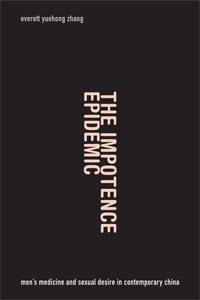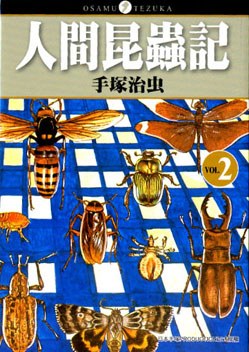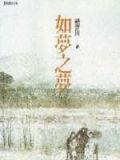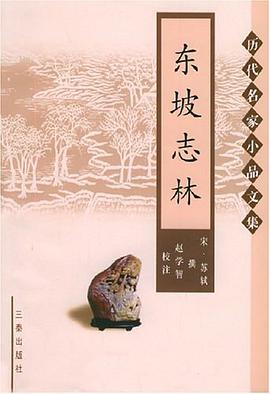The Impotence Epidemic
内容简介
Since the 1990s China has seen a dramatic increase in the number of men seeking treatment for impotence. Everett Yuehong Zhang argues in The Impotence Epidemic that this trend represents changing public attitudes about sexuality in an increasingly globalized China. In this ethnography he shifts discussions of impotence as a purely neurovascular phenomenon to a social one. Zhang contextualizes impotence within the social changes brought by recent economic reform and through the production of various desires in post-Maoist China. Based on interviews with 350 men and their partners from Beijing and Chengdu, and concerned with de-mystifying and de-stigmatizing impotence, Zhang suggests that the impotence epidemic represents not just trauma and suffering, but also a contagion of individualized desire and an affirmation for living a full life. For Zhang, studying male impotence in China is one way to comprehend the unique experience of Chinese modernity.
......(更多)
作者简介
Everett Yuehong Zhang is Assistant Professor of East Asian Studies and Anthropology at Princeton University. He is the co-editor of The Governance of Life in Chinese Moral Experience: The Quest for an Adequate Life, and co-author of Deep China: The Moral Life of the Person.
......(更多)
目录
ix Acknowledgments
1 Introduction: The Impotence Epidemic in China
Part I: Society and the State
29 Chapter 1. The Birth of Nanke (Men’s Medicine)
51 Chapter 2. Sexual Repression
71 Chapter 3. One Thousand Bodies of Impotence
101 Chapter 4. Impotence, Family, and Women
Part II: Potency and Life
135 Chapter 5. The Loss of Jing (Seminal Essence) and the Revival of
Yangsheng (the Cultivation of Life)
166 Chapter 6. Bushen (Nourishing the Kidney), Shugan (Smoothing out
the Liver), or Taking the Great Brother (Viagra)
198 Chapter 7. Potency Is Fullness of Life
221 Conclusion: “If Shen (the Kidney) Is Strong, Life Is Good”
229 Notes
251 References
277 Index
......(更多)
读书文摘
......(更多)






